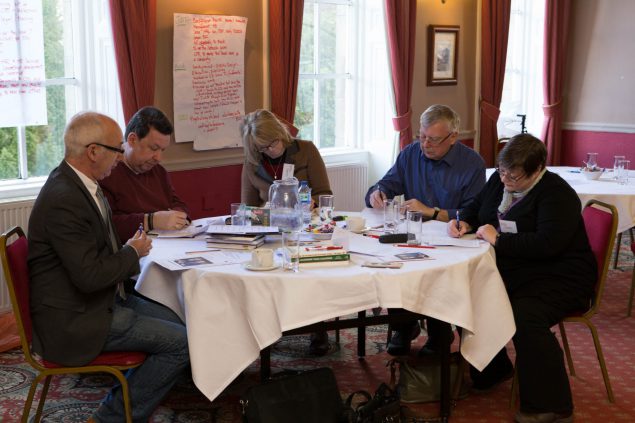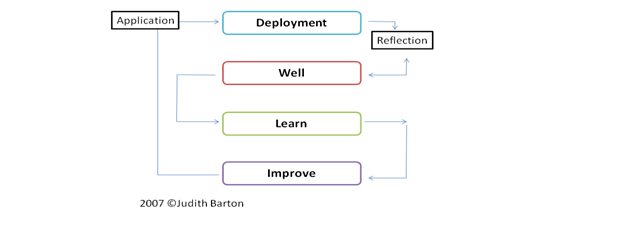Coaching Supervision – So what?

As coaches, we are encouraged to display a high level of emotional intelligence, with self reflection with self-reflection key to growth. However, one may argue, that, no matter how hard we try to develop the same neutrality and absence of preconception when dealing with our coachees, it is almost impossible to self reflect with total and consistent objectivity. After all, seeing things from a range of perspectives is tough. With the best will in the world, self reflection remains a potentially subjective process. Even if we are engaging in reasonably effective self reflection, how successful are we in using the insight gained to make actual changes in our approach or behaviour? Sometimes we only recognise challenges after the event.
So, what are some of the potential challenges coaches may have to face in their practice?
• Ethical dilemmas around confidentiality especially when dealing with multiple stakeholders.
• Managing their expectations around coachee outcomes, claiming ownership of their issues.
• Getting “stale” creatively
• Managing relationships with a coachee whose behaviours act as “triggers” to challenge the coach’s neutrality and non judgemental stance.
• Getting “stuck” at a particular point in the coaching contract, feeling that they are not making progress
• Missing an issue in a session
This is by no means a comprehensive list, but gives an idea of the depth and breadth of potential obstacles to effective coaching practice.
Supervision is the space needed for coaches to share their reflections and learning and be challenged . The rigour and support offered through supervision is intended to stretch and grow the coach. Coaches should consider their supervisory relationship carefully, who they feel can offer this support and recognise that it’s not unusual to work with the same supervisor for 1 or 2 years.
Your supervisor should be providing you with a safe environment to;
• Develop
• Be challenged
• Learn from your own practice
• Be supported – available to support you after a particularly challenging session
• Be a more effective coach
However the success of supervision is really down to us as coaches and the quality of the reflections we take to supervision. A key component of CPD must be the continual reflection and improvement in ones coaching practice. Client feedback, reflection and supervision are critical to developing our practice helping us to develop a deeper understanding of ourselves as Coaches.
Reflecting on practice is only part of the journey to continually improve it is the learning from the reflection and the actions we take that are equally important to development of our skills and the impact on our coachee’s.

If you would like to develop your coaching supervision skills please click here.
This is blog 2 of the supervision series, read blog 1 here.






